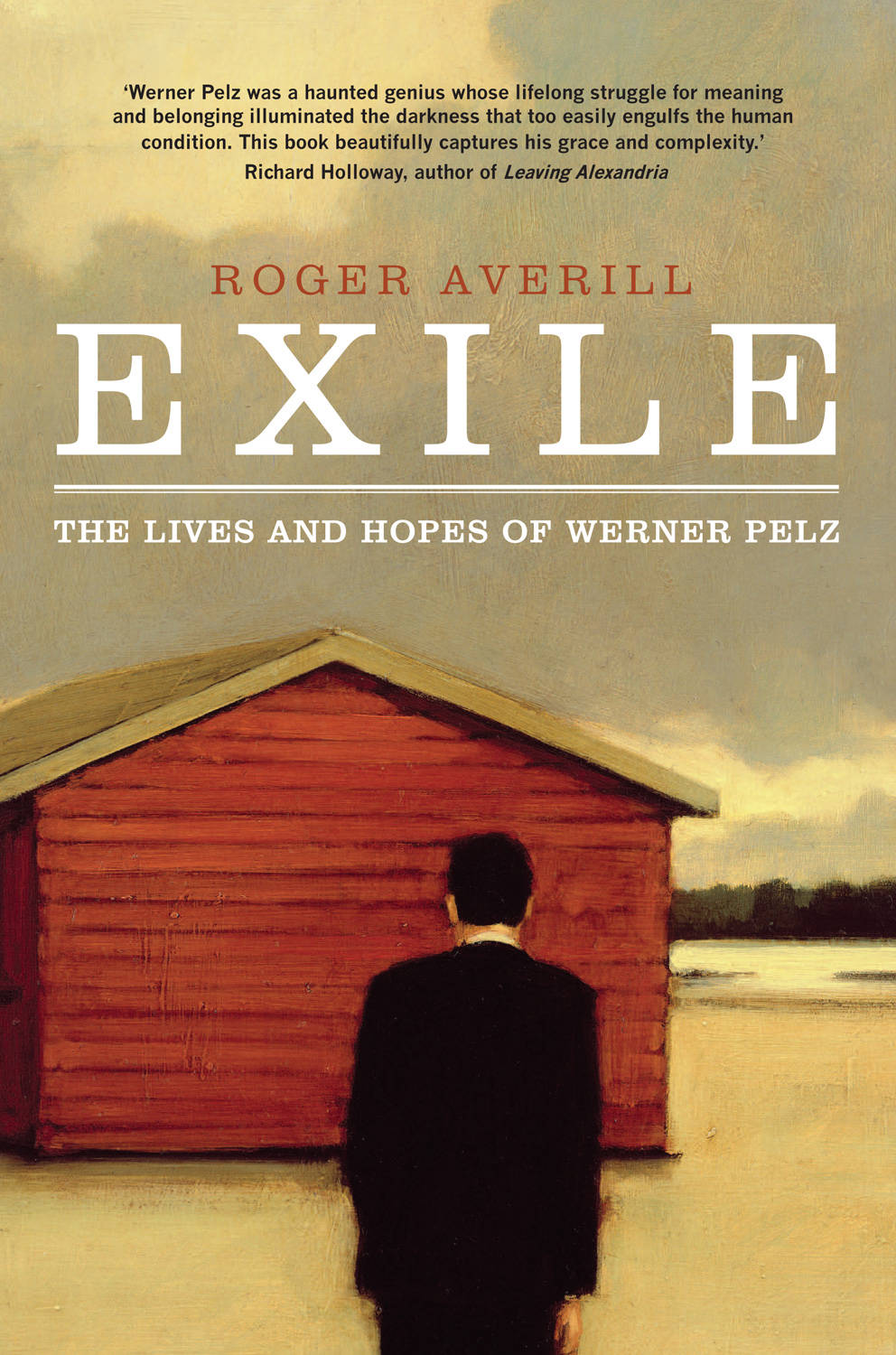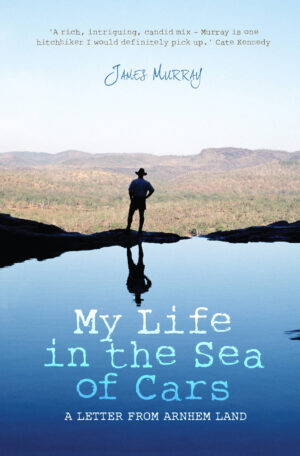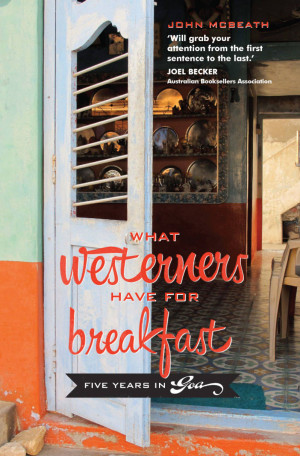Description
Like the best true life adventures, the story of Werner Pelz is stranger than fiction. Forced to flee Nazi Germany for being Jewish, he was then interned in England for being German. Shipped to Australia on the notorious HMT Dunera, he spent two years in internment camps in Hay and Tatura. After returning to Britain, his life evolved into a spiritual quest that led him to become an Anglican vicar, to author popular books (including God Is No More), to frequently appear on the BBC, and to become a Guardian columnist. Decades after his wartime Australian exile, he returned to teach Sociology at La Trobe University, continuing his search for a new way of thinking, a new mythology.
In the mid-1980s, a young university student, Roger Averill, was taught by this quietly charismatic man. The two developed an unlikely friendship, one that was to last until Werner’s death, after which Roger’s research unexpectedly revealed a deeper dimension —a personal life filled with familial drama, pain and poignancy.
Both memoir and biography, Exile: The Lives and Hopes of Werner Pelz is a compelling account of a remarkable man’s life-long search for a truth unbound by orthodoxy. It is also a lyrical evocation of an abiding friendship in which a teacher and a student share the lessons of love and loss, discovering that while the questions they ask have no answers, the act of asking them creates a meaning of its own.
‘Werner Pelz emerges from these pages as a figure of genuine contemporary cultural importance, immense integrity and warmth, and yet sometimes bewildering flaws. Much more than a biography, Exile is one of the most deeply moving and beautifully crafted books I have read in a long time. It is a remarkably tender memoir of a cross-generational friendship, a reflection on the ethics of biographical writing, a work of cultural and intellectual history, and ultimately an unforgettable exploration of the connections between the way we live and die.’
Richard Freadman, author of This Crazy Thing A Life and Shadow of Doubt
‘When I was a young priest working in Glasgow in the 1960s I was troubled and stimulated in equal measure by the writings of Werner Pelz. This affectionate account of Pelz’ life has helped me understand why both my reactions were appropriate. Werner Pelz was a haunted genius whose lifelong struggle for meaning and belonging illuminated the darkness that too easily engulfs the human condition. This book beautifully captures his grace and complexity.’ Richard Holloway, author of Leaving Alexandria






